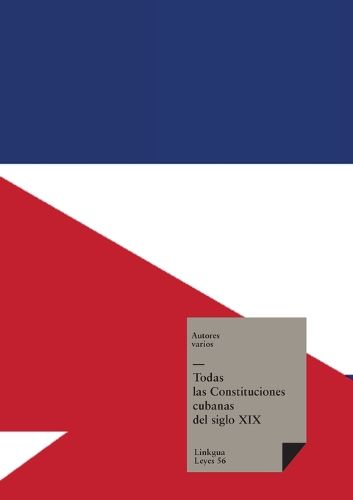Readings Newsletter
Become a Readings Member to make your shopping experience even easier.
Sign in or sign up for free!
You’re not far away from qualifying for FREE standard shipping within Australia
You’ve qualified for FREE standard shipping within Australia
The cart is loading…






This title is printed to order. This book may have been self-published. If so, we cannot guarantee the quality of the content. In the main most books will have gone through the editing process however some may not. We therefore suggest that you be aware of this before ordering this book. If in doubt check either the author or publisher’s details as we are unable to accept any returns unless they are faulty. Please contact us if you have any questions.
El soneto nacio en Italia entre 1230 y 1240. Inigo Lopez de Mendoza, el Marques de Santillana, lo introduce en la peninsula iberica y, asi, en la lengua castellana. Casi un siglo despues Juan Boscan lo recupera, gracias a su amigo Navaggiero, un italiano que se dio cuenta de la afinidad entre su idioma materno y el castellano. Boscan, entonces, adapta definitivamente el soneto en nuestra lengua, con sencillez y a la vez elevacion del lenguaje
$9.00 standard shipping within Australia
FREE standard shipping within Australia for orders over $100.00
Express & International shipping calculated at checkout
This title is printed to order. This book may have been self-published. If so, we cannot guarantee the quality of the content. In the main most books will have gone through the editing process however some may not. We therefore suggest that you be aware of this before ordering this book. If in doubt check either the author or publisher’s details as we are unable to accept any returns unless they are faulty. Please contact us if you have any questions.
El soneto nacio en Italia entre 1230 y 1240. Inigo Lopez de Mendoza, el Marques de Santillana, lo introduce en la peninsula iberica y, asi, en la lengua castellana. Casi un siglo despues Juan Boscan lo recupera, gracias a su amigo Navaggiero, un italiano que se dio cuenta de la afinidad entre su idioma materno y el castellano. Boscan, entonces, adapta definitivamente el soneto en nuestra lengua, con sencillez y a la vez elevacion del lenguaje